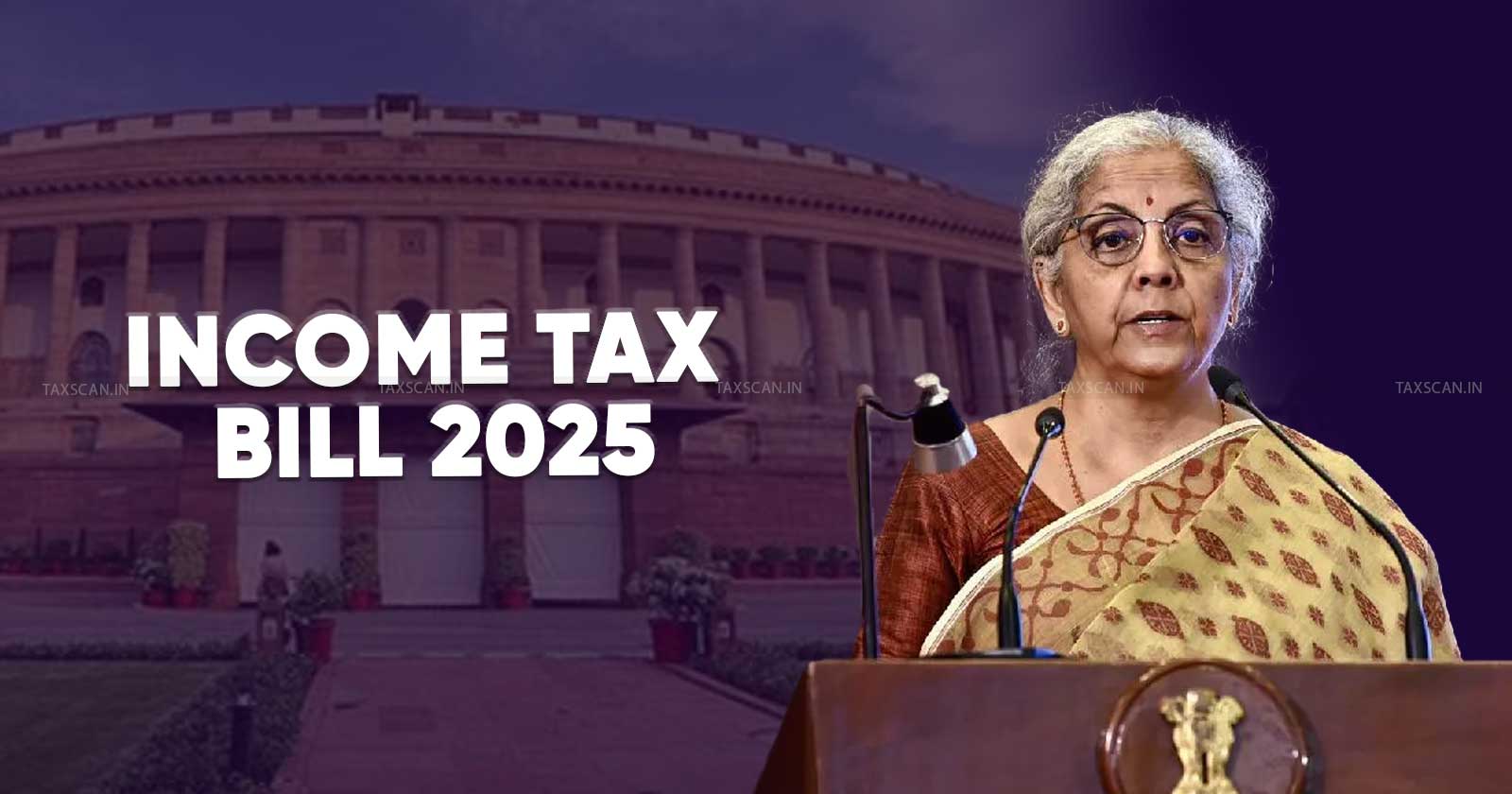GoM considering lowering GST on Farm Equipment and Inputs: FM Nirmala Sitharaman during Finance Bill 2025 Discussion
GST Rates on multiple key agricultural items such as tractors, drip irrigation systems, fertilizers, and pesticides are being actively reviewed by the Group of Ministers

Finance Minister Nirmala Sitharaman tabled the Finance Bill 2025 in the Lok Sabha on Tuesday (25 March 2025). Following extensive deliberations, the lower house of Parliament passed the Bill, marking a significant legislative step in India’s fiscal agenda for the upcoming Financial Year (F.Y.).
E-Filing Mistakes Can Be Costly! Avoid penalties now - Click Here
Amid the multifarious discussions on tax reforms, customs duty reductions, and revenue optimization, one of the key highlights was the Minister’s statement regarding the potential lowering of the Goods and Services Tax (GST) on farm equipment and agricultural inputs. Minister Sitharaman confirmed that a Group of Ministers (GoM) is actively reviewing a proposal to reduce GST on key agricultural items, including tractors, drip irrigation systems, fertilizers, and pesticides.
Read More: WhatsApp Messages revealed ₹200 crore Tax Evasion: FM responds to Privacy Concerns
The idea behind lowering GST on farm-related goods has been a long-standing demand put forward by farmer organizations, including the Bharatiya Kisan Sangh (BKS) whose primary concern is that the tax burden increases the cost of cultivation, leaving very little profit for the farmers and hence is required to be waived off to support agricultural growth in the nation.
E-Filing Mistakes Can Be Costly! Avoid penalties now - Click Here
Defending the current GST structure, Sitharaman outlined the tax rates applicable to agricultural items. Seeds attract zero GST, while fertilizers and manually operated agricultural tools also enjoy a minimal 5% tax rate. However, tractors and agricultural pumps are taxed at 12%.
It was stated that despite concerns over tax rates, the GST regime has resulted in an overall tax burden reduction, with the average effective tax rate declining from 15% in the pre-GST era to 12.2% as of March 2023. The Finance Minister maintained that the GST system remained progressive, with only 3% of essential consumer goods falling under the highest tax slab of 28%.
Sitharaman recalled that a similar proposal was discussed in the 45th GST Council meeting in 2021 but did not receive approval at the time. However, the matter has now been taken up for re-evaluation by the GoM, which will determine the feasibility of lowering GST rates on these items before making recommendations to the GST Council.
E-Filing Mistakes Can Be Costly! Avoid penalties now - Click Here
The Finance Bill 2025 has been successfully passed in the Lok Sabha, after 35 amendments. The move, coupled with the introduction of the new Income Tax Act is indicative of the government’s broader push toward taxation reforms, with an example being the abolition of the 6% equalization levy on online advertisements and revised customs duty structures to encourage manufacturing in future-proof sectors like electric vehicles and mobile production.
Read More: Finance Bill 2025 Passed in Lok Sabha with 35 Amendments
Discussions continue and the bill seeks final assent from the Rajya Sabha; farmers and agriculturists may await the recommendations of the GoM to know whether the government is set to move forward with a full or partial waiver of GST on farm equipment.
Support our journalism by subscribing to Taxscan premium. Follow us on Telegram for quick updates


